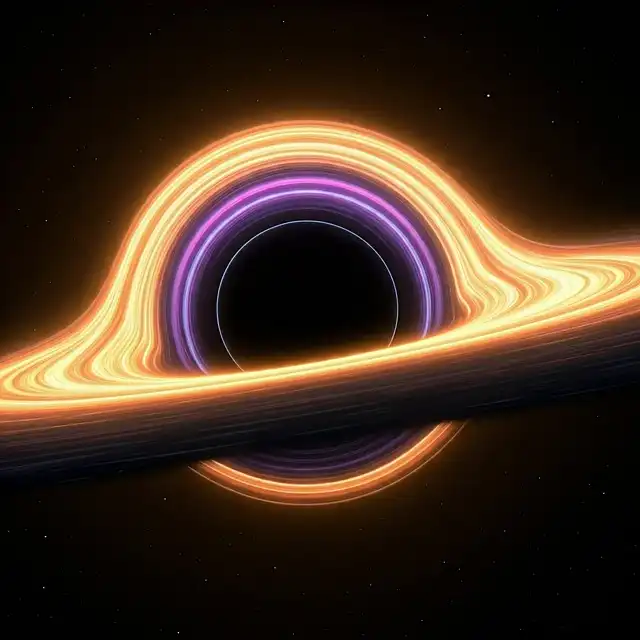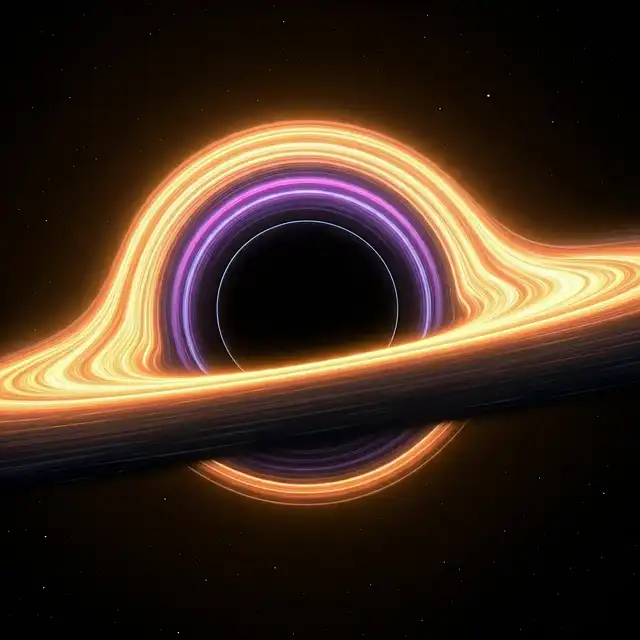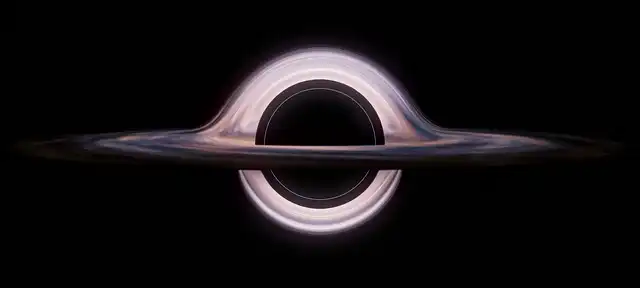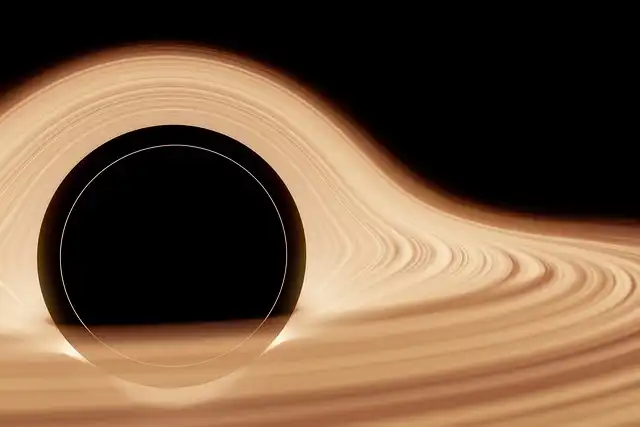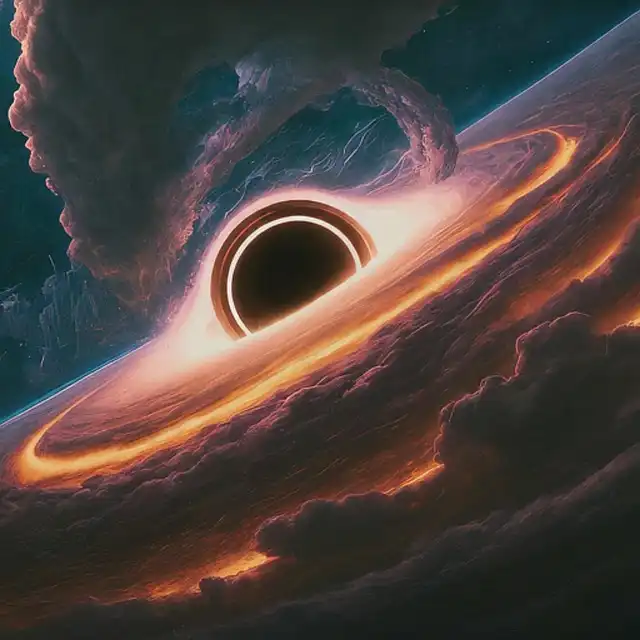
Massive Black Hole Collision Challenges Formation Theories
A collision of unusually massive, rapidly spinning black holes challenges existing black hole formation theories and suggests a new population of substantial black holes. Mass gap is questioned.

